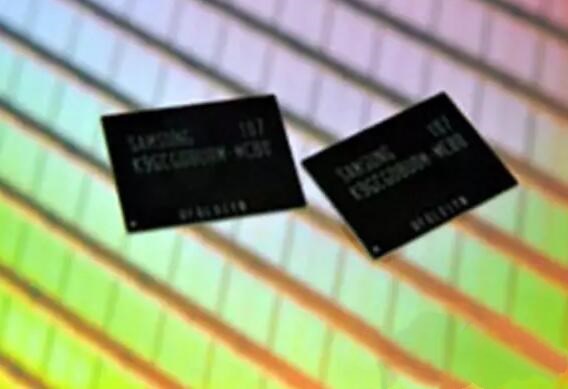Recently, Korean semiconductor companies have experienced some volatility due to Japanese restrictions on the export of materials to South Korea.Samsung electronics and SK hynix are among the companies hardest hit by Japan's export restrictions.
But the crisis has also turned a corner, giving them a chance to clear inventory.

Samsung and SK hynix are considering reducing NAND flash production starting this month, the Korea economic daily reported late Tuesday.
While restrictions will make it difficult for South Korea's storage giants to find alternative material supplies in the short term, they may also lead to reduced inventories and production, which is good news for chip prices, jmicro reported yesterday.
Reuters also reported that shares of south Korean memory chip makers samsung electronics and SK hynix rose on Wednesday.Analysts say investors are betting that Japan's export restrictions on key materials to South Korea will cause them to cut production.
Samsung electronics Co. plans to raise the price of its NAND flash memory by 10 percent today, BusinessKorea reported, citing growing Japanese government concerns about production disruptions caused by export restrictions on semiconductor materials.Other companies such as micron could follow suit.
Recently, samsung's supply and demand situation has improved after a power outage at Toshiba.NAND flash inventory has been reduced to four weeks, about half of DRAM inventory, and demand for NAND flash is rising in recent days after prices dropped sharply.
Samsung's move is related to the recent price drop.NAND flash cost $3.93 in June, the lowest price since September 2016, when it was $3.75.A year ago, NAND cost $5.50.NAND flash prices were little changed last month, while DRAM prices fell 11.73 percent.
Toshiba, meanwhile, is the industry's second-largest company, which has seen production fall by more than 20 per cent since the accident.Not only was Toshiba's output affected by the accident, but western digital, which also makes NAND flash memory at Toshiba's manufacturing plants, was also hit hard.The accident also had a significant impact on inventories at samsung electronics and SK hynix, with Toshiba and western having market shares of 19.3 per cent and 15.3 per cent respectively.
But what matters, according to industry analysts, is whether smartphone makers and server companies will continue to increase demand even as memory plans rise in price.Industry insiders say the global semiconductor industry is unlikely to recover in the first half of next year, meaning the current price rise is unlikely to continue.Instead, the planned price increases reflect the desperation of NAND flash manufacturers, all of which except samsung electronics are losing money.

 انگلیسی
انگلیسی  چینی
چینی  آلمانی
آلمانی  کره ای
کره ای  ژاپنی
ژاپنی  فارسی
فارسی  Portuguese
Portuguese  Russian
Russian  اسپانیایی
اسپانیایی 





